chlorine and grass
v1rt
16 years ago
Related Stories

LANDSCAPE DESIGNIs It Time to Consider Fake Grass?
With more realistic-looking options than ever, synthetic turf can be a boon. Find the benefits and an installation how-to here
Full Story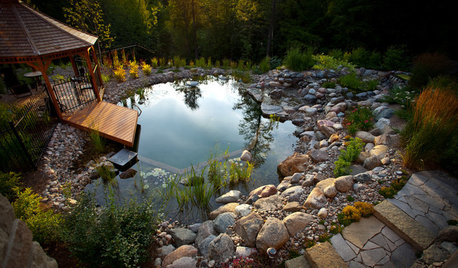
LANDSCAPE DESIGNNatural Swimming Pools: More Beauty, No Chemicals
Keep your skin and the environment healthy with a pool that cleans itself, naturally
Full Story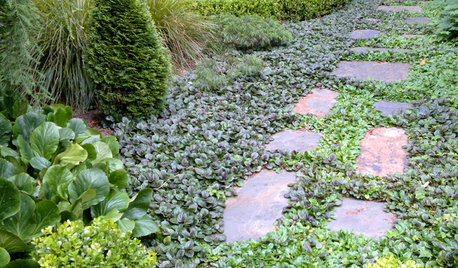
GROUND COVERSGround Force: 10 Top Ground Covers for Your Garden
Protect your soil from weeds and drought this summer with a living mulch of ground covers
Full Story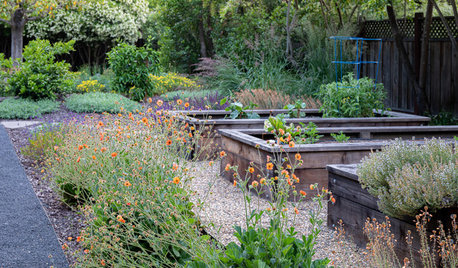
GARDENING GUIDESEssential Watering Tips for Your Edible Garden
To give your edible plants just what they need, check out these guidelines for how, when and how much to water
Full Story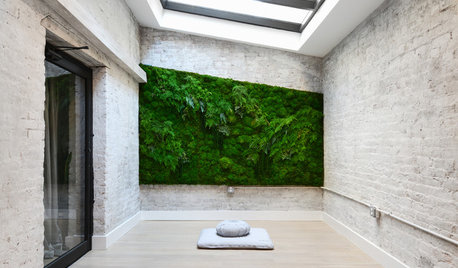
GREEN BUILDINGWorld of Design: The Joy of Moss and Its Modern Uses
This great design plant is 400 million years in the making. See how it’s inspiring art, soothing spaces and building design
Full Story
HOUSEPLANTS8 Essentials for Healthy Indoor Plants
Houseplants add so much to our homes — and can thrive when grown in the right conditions. Keep these tips in mind
Full Story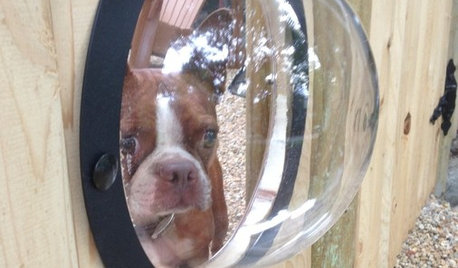
PETSHouzz Call: Show Us Your Pet Projects!
Bubble windows, fountains, doghouses, showers — what outdoor treats have you put together for your furry friends?
Full Story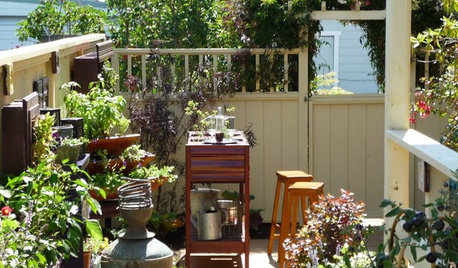
GARDENING GUIDES15 Ideas to Try in Your Garden This Year
These gardening stories were tops among Houzz readers. Which ideas might you try this year?
Full Story
BEDROOMS11 Reasons to Love White Bedding
For easy bedding that makes neutrals sing and accessories pop, look to the white side
Full Story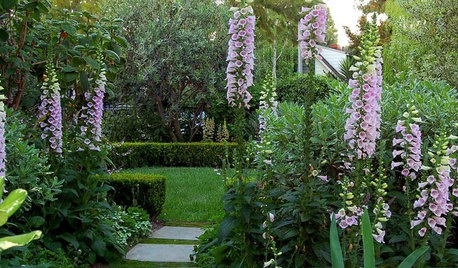
PETSGarden Alert: 22 Plants to Keep Away From Pets
Avoid potential danger by keeping dogs and cats away from these landscaping and houseplant favorites
Full Story





dao4686
ronalawn82
Related Professionals
Bethlehem Landscape Contractors · Lehigh Acres Landscape Contractors · Round Lake Landscape Contractors · Wilsonville Landscape Contractors · Leesburg Driveway Installation & Maintenance · Eatontown Swimming Pool Builders · Grand Rapids Swimming Pool Builders · Stanford Swimming Pool Builders · Baltimore Fence Contractors · Cockeysville Fence Contractors · Gainesville Fence Contractors · Lake Jackson Fence Contractors · Queen Creek Fence Contractors · Safety Harbor Fence Contractors · Goleta Fence Contractorsenigma7
Billl
v1rtOriginal Author
enigma7
dao4686
enigma7
Kimmsr
gardenguy_shade
Kimmsr